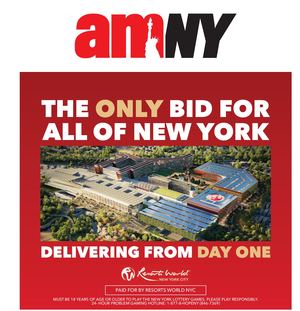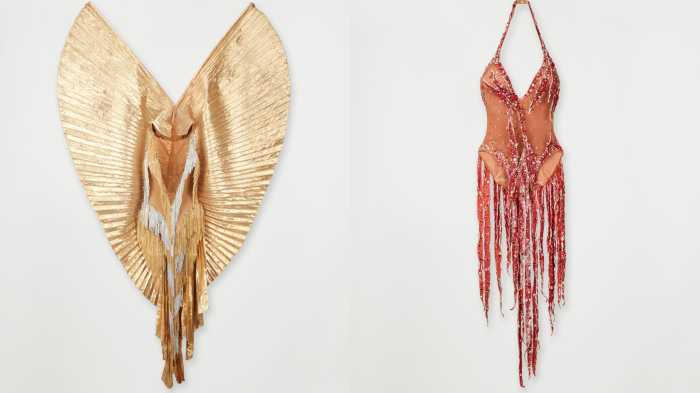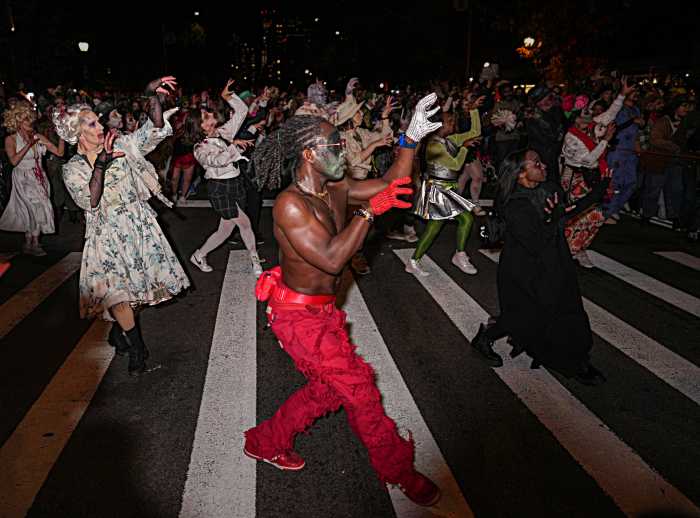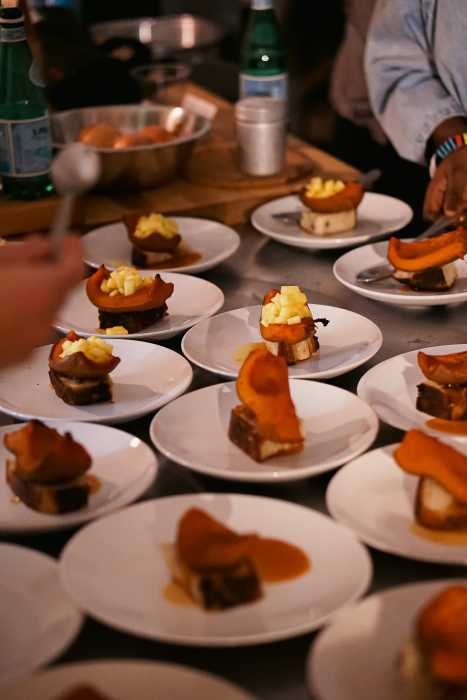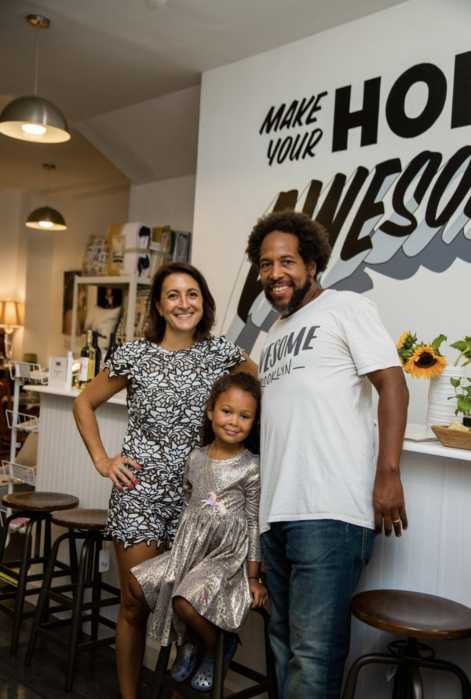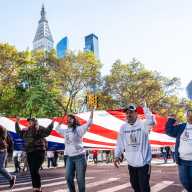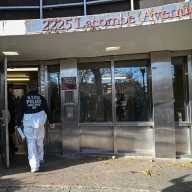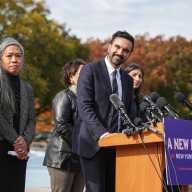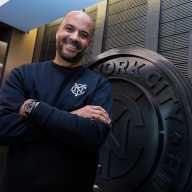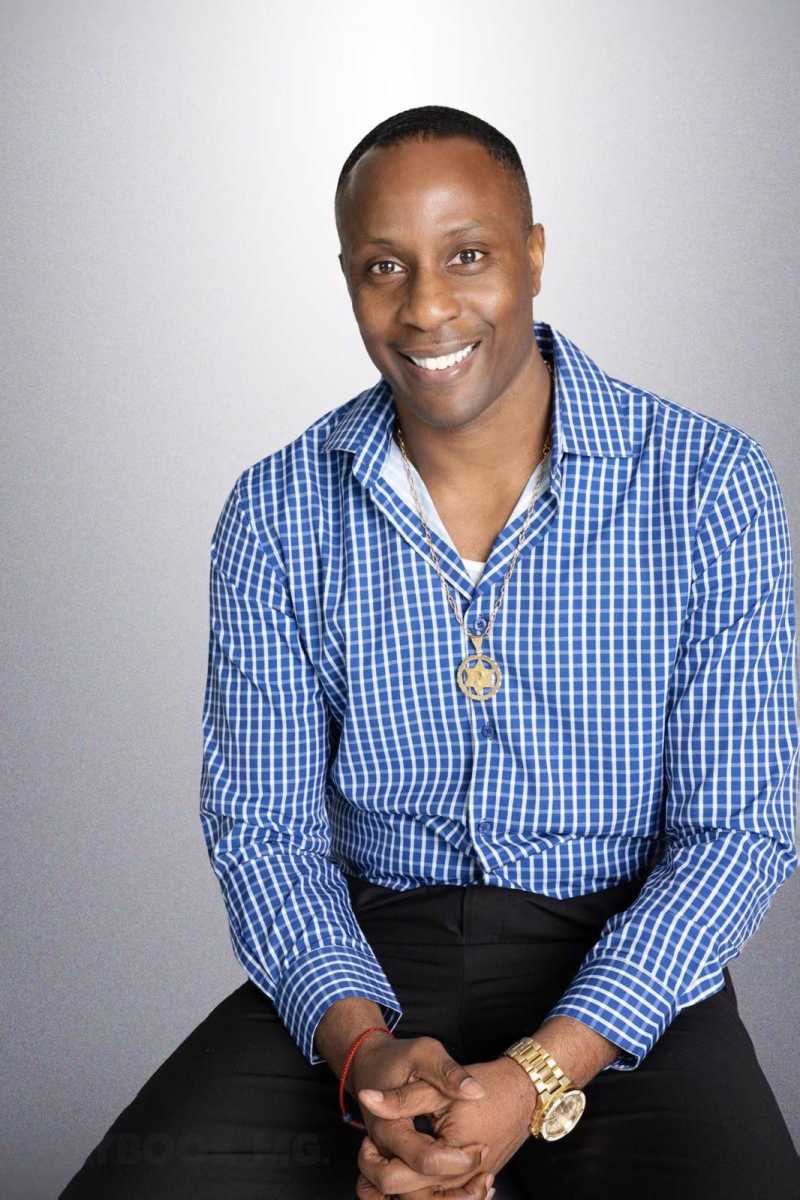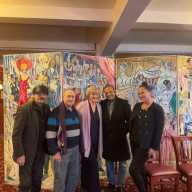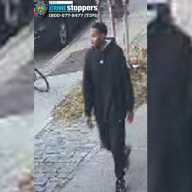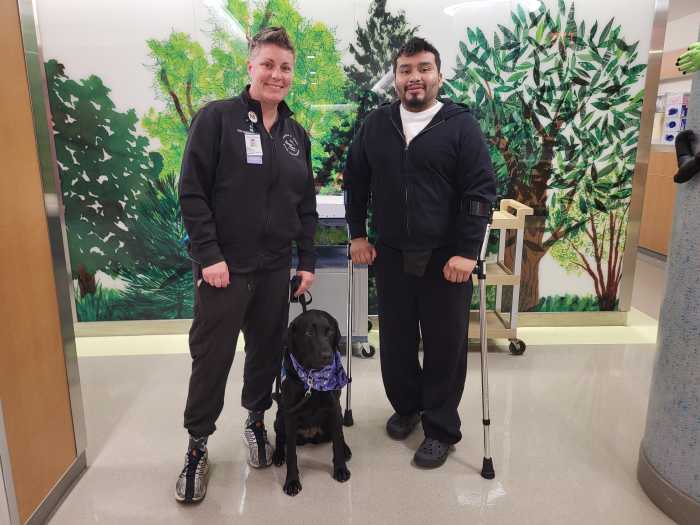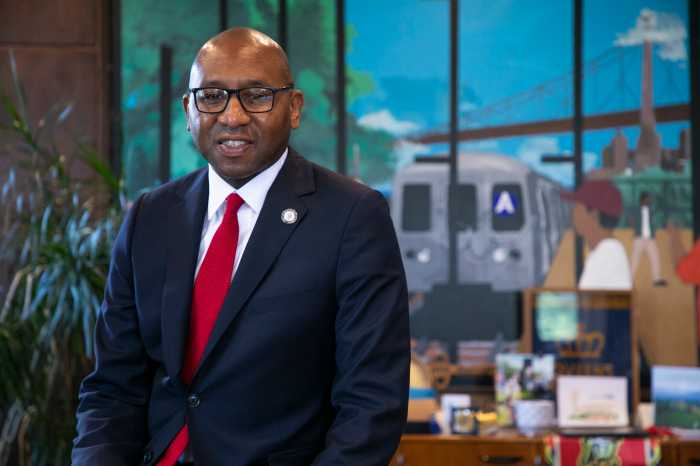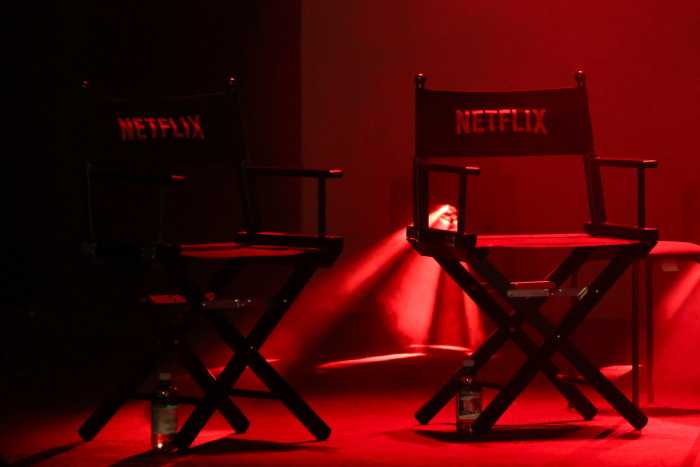By Patricia Fieldsteel
Volume 81, Number 15 | September 8 – 14, 2011
West and East Village, Chelsea, Soho, Noho, Little Italy, Chinatown and Lower East Side, Since 1933 NYONS, France — A perfect Provençal morning. That was how I thought of it, then. I came here to visit, but my home for more than 30 years was Jane St. When the first plane flew way too low overhead, many of us ran outside and stood on the corner of Hudson and Jane in horror and disbelief. Then another plane did the unthinkable. We held each other and wept. For 102 minutes we watched in shock, in a nowhere place, suspended in time. As the second graceful Titanic of the sky slid into oblivion, I remember thinking, “All those people thought they were simply going to work on a beautiful September day and suddenly their lives were over. You’ve always wanted to live in France. What the hell are you waiting for?” I’d been coming to Nyons for four winters to babysit eight cats in a feudal château while the owners returned to Jane St. The first two years, much as I loved France, I was happy to return home. I’m a fifth-generation New Yorker and my friends always joked about my inability to go above 14th St. unless it was to visit a museum, attend a performance or go to the dentist. My lifelong love affair with New York began to sour with my landlord’s increased harassment in 1999. By the time I came here to Nyons in January 2002, I was desperate to get out. Money, or rather the lack of it, has always been a major issue, but an insurance settlement for damage done by the landlord to my apartment’s contents had put some cash in my pocket. Two weeks before I was due to return to New York, an odd chain of events began to fall into place. I’d had no intention of buying either a house or an apartment, but four days before my departure a 400-year-old newly restored house came up for sale. It was the only house I looked at and I was the only person to see it. My first thought was, “This is much too good for me.” I’d lived my entire adult life in studio apartments with Pullman kitchens. I could afford the down payment and mortgage provided I gave up my rent-stabilized studio and with it my life in New York forever. A chance like that happens once. I thought back to that day, five months before. What was I waiting for? I signed the necessary papers, negotiated a 20-year mortgage and returned home to pack. By July 2002, I was gone. For the first anniversary, friends were visiting Provence. They invited me and several others to be their guests at one of this area’s finest restaurants. I was ambivalent. Dining in a two-star a year after nearly 3,000 innocent people had been murdered in the space of minutes seemed obscene. But then, if they hadn’t had their lives barbarically extinguished, wouldn’t most have given anything to do what I was contemplating turning down in their memory? I went, mindful of the sacredness of the day and how blessed I am. Today, 10 years on, what remains? I’m alive, without injuries, or the loss of anyone close. Low-flying planes and stealth bombers still cause me to stiffen; nightmares of being caught in collapsing buildings or running from burning cities occasionally interrupt my sleep. I’m bothered by sudden loud noises and burning odors. The waking memories have lost their power, or so I’d thought. That first afternoon I’d wandered into what was still called the Meat Market. Massive refrigerated trucks were parked, motors continuously running. Men stood guard, their own cars, license plates from around the country, parked nearby. I’d asked if there was anything I could do. “I’m dying for a smoke.”
I bought a carton of his brand; when he tried to reimburse me, I refused.
“Thank you,” he’d said, somewhat surprised. “You know, I’ve never been to New York before. People are so nice.”
I’d pointed out buying cigarettes was nothing compared to what they were doing for us.
At first, there was the disconnect, the denial of what we were seeing. Clearly now, it’s obvious what was in all those frozen-food trucks that traveled back and forth from Ground Zero (initially called “The Pit”), parked for weeks in the Market and Chelsea Piers. When the second plane circled around in back of the towers and flew so close, I remember wondering, “Why is that plane flying right up to the burning Tower? Isn’t it dangerous? The passengers must all want to take pictures. How bizarre.” Even without the ensuing explosion, when I see videos of what I watched from the sidewalk, my thoughts were pathetic, absurd. Just as when I walked south along the West Side Highway, camera in hand, wondering what the “precedent” was for photographing this or that. Or when small projectiles were falling straight down from the top floors and I’d needed to believe they were pieces of wood. Trauma gave way to an epidemic of kindness that couldn’t sustain itself. We cooked for the Sixth Precinct and the rescue workers; we looked out for each other, held fundraisers for our two firehouses, each of which lost so many men, men we knew, who’d been in our apartments to help out with floods, power outages, fires, gas leaks. We knew them from Western Beef and the Jefferson Market, those beautiful, muscular boys who loved to cook, with whom we shared recipes and tips. This time they didn’t risk their lives, they gave them, often unnecessarily because of the Giuliani administration’s arrogant lack of preparedness and outdated disaster response equipment, something the mayor later tried to cover up. We went through the motions of daily life. I went to work on Morton St. the next morning. Francis Mason, the man for whom I worked, received an early call from a friend. She’d had a breakfast meeting at Windows on the World. The meeting was running late. A colleague who’d had to leave asked her to ride down in the elevator so he could go over some points. A man held the closing doors for them. They rode down, the plane hit; they were the last to leave alive. The day continued like that. We both knew people who were missing; they all turned up alive, telling similar stories involving quirks of fate.
On the way home, I walked along the West Side Highway. News trucks from around the world were parked below Christopher St. New Yorkers — mommies and daddies and babies in strollers, leather boys and hustlers, yuppies, guppies and old Yippies, people of every color, shade and hue of our glorious mosaic — stood silently with flags, with handmade signs that said “We love you” — and as our officers from the Sixth returned from Ground Zero, their faces ashen, expressionless, staring ahead, we clapped and applauded until for a moment they wanly turned away from a hell we could not imagine to look at us and try to smile. All along the riverbank, couples stood and sat, embracing, staring out at the rippling golden river as the red sun began to sink on a day that would be forever seared in our memories. What the night would bring — and we prayed another dawn — no one knew. The fires continued to burn. We washed cremated dust from our windows. Zombie-like states gave way to emotional excess, overreactions to everything, petty fights over nothing. We worked nonstop or couldn’t concentrate; we slept too much or barely; we drugged or drank, ate too much or too little; we were angry, sad, depressed. A lot of us had colds, sore throats and coughs that went on too long. Friends and neighbors lost their jobs, or had work dry up, especially artists, caterers and freelancers. At first I was determined to stay, to help rebuild my town, even though the seeds to leave had been planted before the airplanes hit. Ten years later, I’m to some degree Nyonsaise, but I consider myself a New Yorker. I’ll never be anything but, even though I live somewhere else. People here refer to me as La New Yorkaise and most likely always will. In July, I had lunch in an outdoor cafe with a young Dutch couple. We’d met by chance; they were intrigued to find a New Yorker in a relatively unknown part of France. They loved New York. Inevitably the conversation turned to l’onze Septembre. (In French it has a mournful sound — l’ohnz Sehtombruh.) He’d visited Manhattan in early October 2001 for a business trip planned months before. The farther Downtown he’d gone, the more he’d no longer recognized the city he’d visited in 2000. What had struck him most was the silence that had rained down along with the paper, the debris and the ash. I could see it was hard for him to talk, especially when he tried to describe how he’d felt when the first reports had come across his computer screen. His wife hadn’t found out until the evening when she’d returned from work. Hesitantly, they’d asked if I’d still been there. It was such a long way’s off; I confidently began to describe that morning. Before I understood what was happening, my throat began to tighten, my heart to race, then tears fell from my eyes.
Here in Provence, I still think of a day like that as a September 11 morning. It’s no longer perfect.
Looking back at 9/11 • A special Villager supplement
Out of the Ashes
I left Jane St., but that day will always be with me
